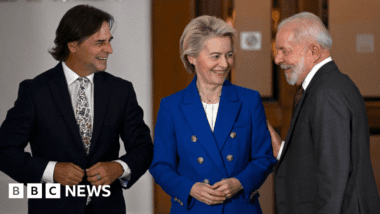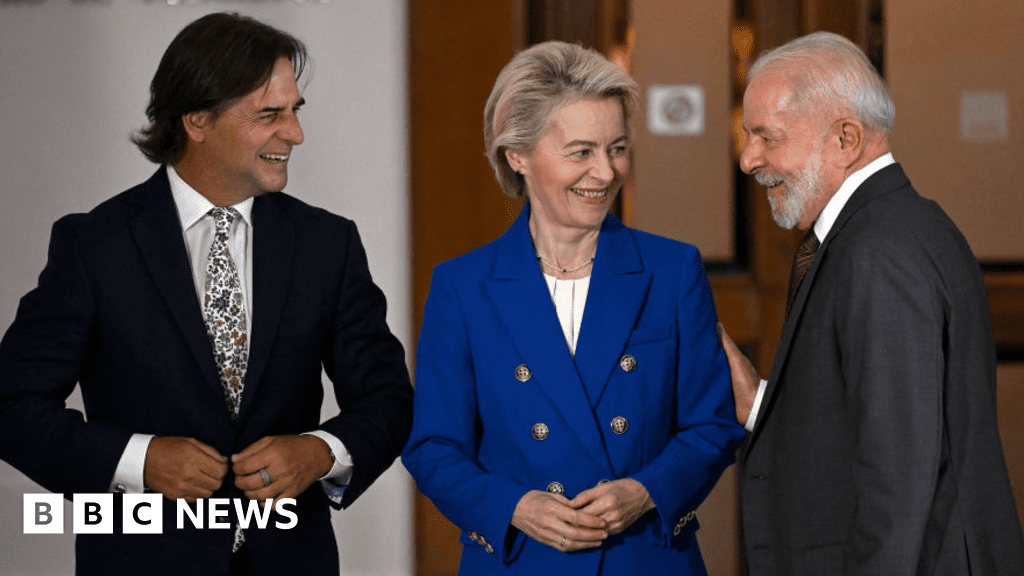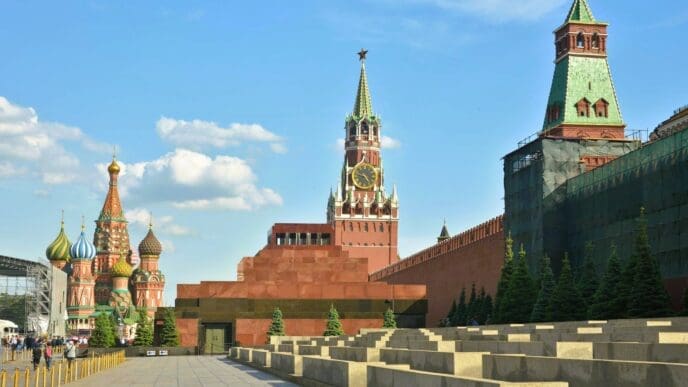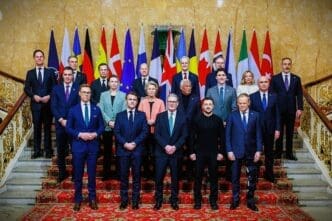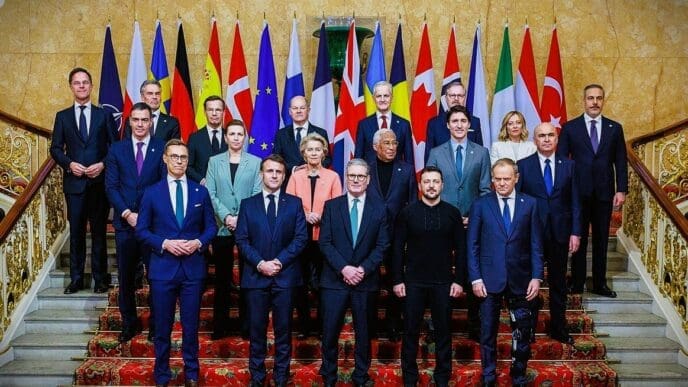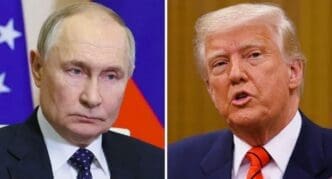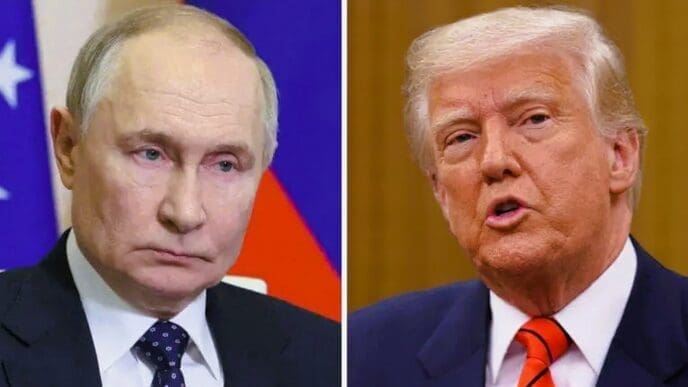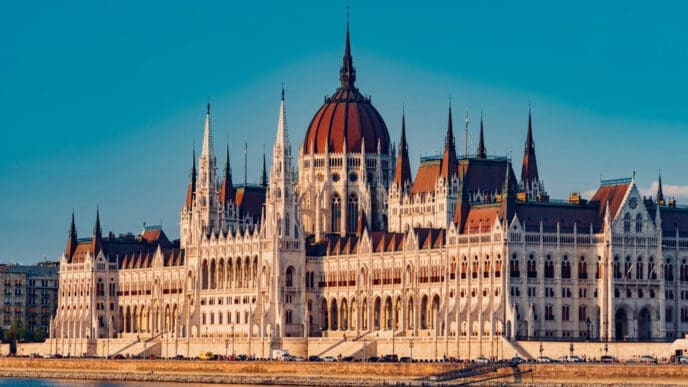The European Union has successfully negotiated a significant trade deal with South America’s major economies, marking what officials describe as a ‘truly historic milestone.’
The agreement was announced by European Commission President Ursula von der Leyen, who highlighted its importance in a world that is increasingly marked by economic confrontations. Previously, a similar deal reached in 2019 failed to gain traction due to a lack of ratification from all EU member states. The current agreement aims to reduce tariffs, simplify customs procedures, and ensure easier access for the EU to crucial raw materials.
The EU has emphasized that this deal could lead to more jobs and better prices, benefiting European citizens by increasing trade flow with Argentina, Brazil, Paraguay, and Uruguay. Last year alone, Europe exported nearly $59bn worth of goods to these countries.
Imports from the Mercosur bloc, which includes these four countries, reached approximately $57bn, with vital exports such as lithium and nickel, important for electric vehicle batteries, increasing accessibility for European manufacturers. Both the EU and Mercosur countries hope these figures will rise significantly with the new trade agreement, which encompasses nearly 700 million consumers and 20% of global economic output.
However, the road to ratification is not without its obstacles. France, Italy, and Poland have expressed concerns regarding environmental safeguards and unfair competition in agriculture. French and Polish farmers, in particular, worry about facing tougher competition due to differing agricultural standards between Europe and South America.
Uruguay’s President Luis Lacalle Pou acknowledged such challenges during the final negotiations, emphasizing the need for smaller Mercosur economies to have greater access to global markets. Meanwhile, Germany remains one of the strongest proponents of this deal, seeing it as a unique opportunity to bolster its struggling export market amidst broader economic slowdowns.
Statements from key figures suggest varied perspectives on the agreement’s future. France’s trade minister, Sophie Primas, made it clear that while negotiations have been politically concluded, the signing of the agreement by member states is not yet formalized. Germany, on the other hand, is actively seeking compromises, viewing the deal as too valuable to let slip away.
This new trade agreement between the EU and South America’s major economies could reshape economic relations if it overcomes political hurdles. It presents opportunities for growth and innovation but requires careful navigation of environmental and competitive challenges.
Source: Bbc

